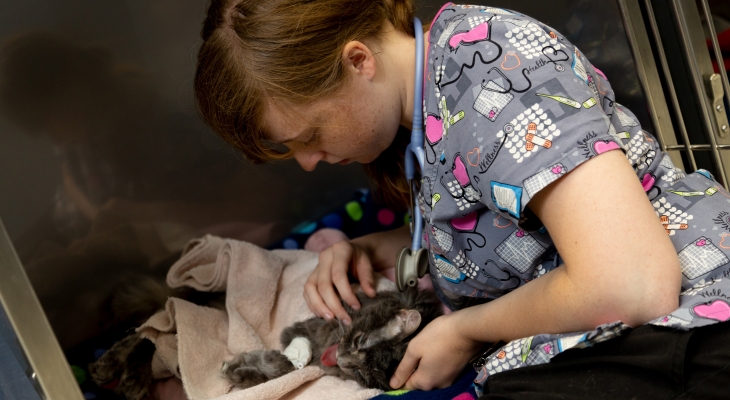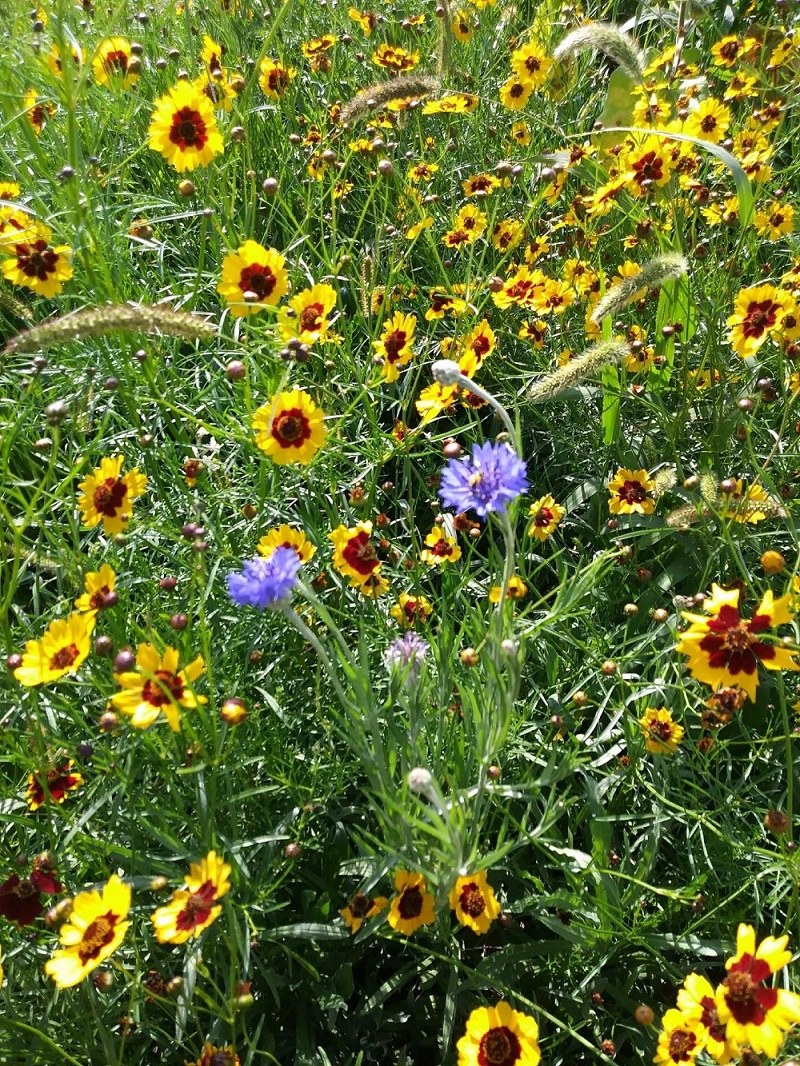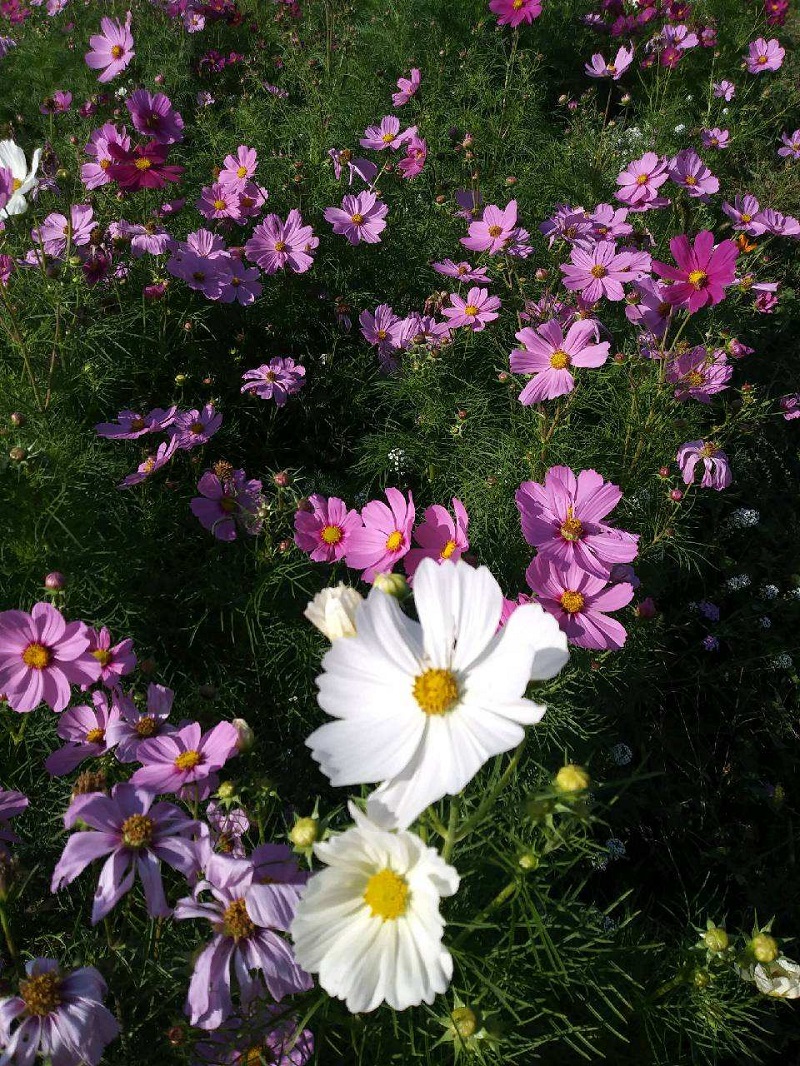
Online Vet Tech Application Available March 1 - June 1
The online veterinary medical technology application will be available from March 1 through June 1. The...
A 1.6 acre habitat on the Joliet Junior College campus, which features a diverse source of plant species, is helping bees and other pollinators thanks to the Bayer Feed a Bee Program.

JJC received the $1,000 grant last fall, and a pollinator forage was established in its Landlab west of the college’s greenhouse.
“The three-year project involved initial plantings in the spring of 2018 of wildflower and forb seed along with a cover crop of oats and controlling invasive species when needed. The seed mix chosen is a mesic to dry native pollinator mix,” said JJC Horticulture Professor Lisa Perkins.
The Landlab, which has long been home to various flowers, tree fruits and vegetable crops, also has six bee hives. Its bees act as important pollinators within the lab, plus serve as teaching tools in JJC’s horticulture classes. The honey that is sold funds various lab projects.
“Institutions of higher education such as Joliet Junior College have natural synergies with the Bayer Feed a Bee program’s focus on education and outreach, particularly as it relates to teaching students about pollinators’ importance to our environment and food supply,” said Becky Langer, project manager for Bayer North American Bee Care Program. “Bayer is thrilled to be working with dedicated organizations like JJC across the country to provide much-needed forage and habitat for pollinators like honey bees and butterflies, and we have been excited to watch JJC’s Feed a Bee grant project unfold.”

According to the Food and Agriculture Organization of the United States (FOA), as the world’s population grows, it will require 70 percent more food by 2050. Many of the fruits and vegetables needed in a healthy diet rely on pollination by insects like bees, but there’s currently a lack of forage for bees. Bayer’s Feed a Bee grant program aims to create a sustainable solution by awarding funds to organizations in all 50 states to plant more forage and habitat for pollinators in the form of wildflowers and other flowering plants.
To date, Feed a Bee has awarded forage grants to more than 140 organizations across the country, in 47 states plus Washington, D.C.
According to Perkins, the Bayer grant is not only helping the college assist pollinators, but is increasing sustainability at its Landlab.
“Areas previously mowed are no longer being mowed, soil is improving and the diversity of plant and insect life is increasing,” she said.
For media inquiries on the Feed a Bee program, contact Lee Redding with Porter Novelli at 404-995-4527 or lee.redding@porternovelli.com. For JJC media inquiries, contact Communications and Media Coordinator Scott Harvey at 815-280-2844 or sharvey@jjc.edu.

The online veterinary medical technology application will be available from March 1 through June 1. The...
